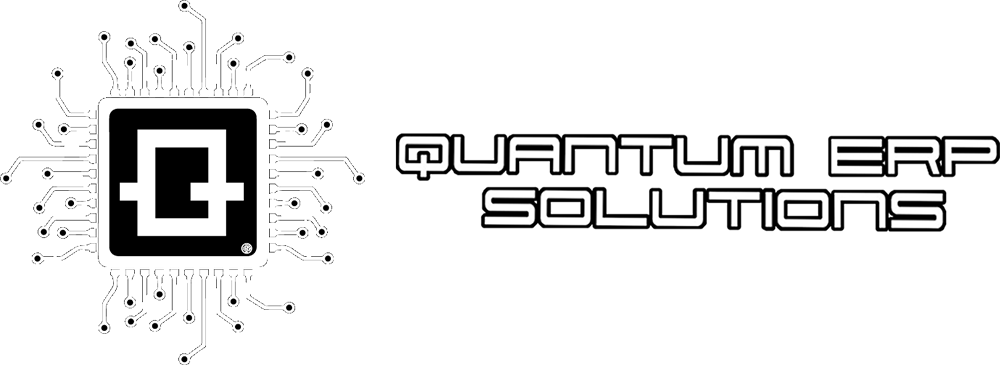Insights on ERP Mastery
Posted on 27th October, 2023

ERP systems integrate a wide range of business processes and functions, streamlining operations, and enhancing productivity.
Their implementation has become essential for organizations aiming to stay competitive and efficient.
Nevertheless, ERP implementation can be a complex and challenging process, requiring careful planning and execution.
In this blog, we will delve into the strategies for successful ERP implementation, offering you valuable insights to master this critical aspect of modern business management.
Before diving into the strategies for effective and successful ERP implementation, it is crucial to grasp the different phases involved in the process.
These phases usually include the following:
- Planning phase: this is the initial stage where organizations define their objectives, set a budget, and identify key stakeholders involved in the implementation process
- Analysis phase: during this stage, a comprehensive analysis of the organization's existing processes, workflows, and IT infrastructure is conducted to pinpoint specific requirements and potential challenges
- Design phase: based on the analysis, a thorough ERP system design is created, tailoring the software to meet the unique requirements of the business
- Development phase: this is when the development and customization of the ERP system occur, ensuring seamless integration with existing systems and data migration
- Testing phase: rigorous testing must be performed to detect and correct any glitches or compatibility issues before going live with the ERP system
- Deployment phase: the ERP system is deployed across the business, and end-users are trained to use the new system effectively
- Post-implementation phase: after the ERP system is live, continuous monitoring and support are provided to ensure its smooth functioning and take care of any post-implementation challenges
Now that we have a clear understanding of the ERP implementation phases, let us explore the strategies that can lead to a successful ERP implementation.
Clearly define expectations and objectives
Before embarking on the ERP implementation journey, it is crucial to have a clear vision of what the business aims to achieve with the new system. Identifying specific objectives and expectations will guide the entire implementation process and help measure its success later. Whether the goal is to improve supply chain efficiency, enhance inventory management, or streamline financial reporting, having a well-defined roadmap is essential.
Engage and involve stakeholders
The success of ERP implementation relies on the collaboration and commitment of key stakeholders throughout the process. These stakeholders may include executives, department heads, IT personnel, and end-users. Involving these people in the planning phase and gathering their input and feedback will not only ensure the ERP system aligns with their needs but will also create a sense of ownership, increasing the chances of successful adoption.
Prioritize training and change management
Introducing the ERP system often represents a significant shift in the way a business operates. So, effective change management is fundamental to minimize resistance to change and encourage a smooth transition. Offering comprehensive training to end-users and other staff members will empower them to navigate the new system confidently and maximize its potential.
Choose the most suitable ERP vendor
Selecting the most appropriate ERP vendor can considerably impact the success of implementation. Organizations should conduct thorough research, read reviews, and assess the vendor's track record in implementing ERP systems for businesses similar to theirs. A reliable vendor with a strong support system will ensure a seamless implementation process and provide ongoing assistance whenever needed.
Customize wisely and avoid over-engineering
Although customization is necessary to tailor the ERP system to the specific business needs, it is essential to find a balance and avoid over-engineering. Too much customization can lead to higher costs, longer implementation times, and increased complexity, which could potentially compromise the system's stability. You should strive for a balance between customization and utilizing out-of-the-box features provided by the ERP system.
Data integration and migration
Data migration from legacy systems to the new ERP system is a crucial phase demanding thorough planning and execution. It is crucial to ensure data integrity, accuracy, and compatibility during this process. Furthermore, integrating the ERP system with other existing business applications is vital for seamless data flow and efficient business processes.
Monitor progress and measure success
Continuous monitoring and evaluation are key components of successful ERP implementation. Set key performance indicators to measure the ERP system's impact on productivity, efficiency, and cost savings. You should also regularly track progress and analyze data to identify areas that require improvement and make informed decisions accordingly.
Mitigate risks and be prepared for challenges
ERP implementation can present unpredictable challenges and risks. It is essential to have a risk management plan in place to address potential roadblocks efficiently. By anticipating any potential issues and devising contingency plans, businesses can respond promptly and minimize the impact of unforeseen challenges.
The strategic implementation of an ERP system supports business scalability, drives growth, and creates efficiency across various departments. Mastering ERP implementation is crucial for organizations seeking to stay ahead in today's competitive business landscape. Data security and compliance are fundamental in ERP systems, and organizations can rest assured that reputable vendors prioritize safeguarding sensitive information. While ERP implementation may take some time, the tangible results in terms of improved efficiency and data-driven decision-making will make the effort worth it.
Quantum ERP Solutions provides certified resources in novel business applications
Our team of professionals works together with trusted software companies to ensure the implementation, customization, and automation of Epicor ERP, and Oracle NetSuite. We offer certified resources in novel business applications covering a wide range of technology stacks.
Quantum ERP Solutions can diligently assist you throughout every project phase to achieve results that will improve operational efficiency. We also provide project management, functional consultancy, technical consultancy, development, and quality assurance. If you are looking for a company to help you implement an ERP system, we encourage you to contact us.
